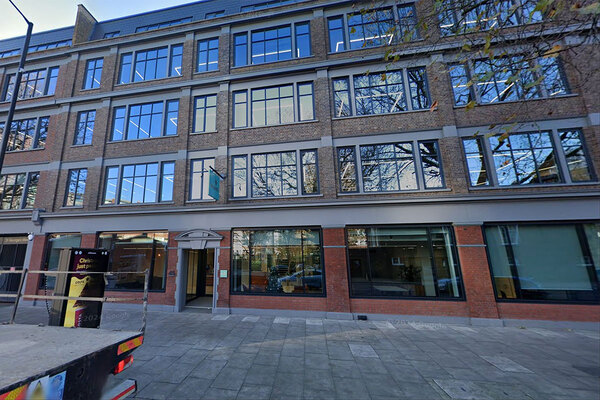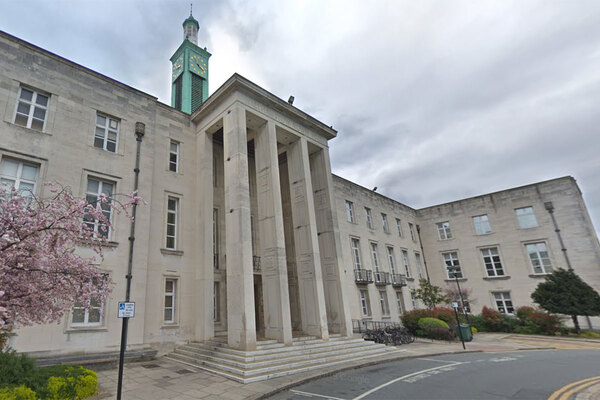Peabody given A in first credit rating by Fitch
Peabody has been handed its first credit rating by Fitch Ratings, which highlighted the landlord’s strong liquidity.

The large London housing association was given an A by the agency, with a stable outlook.
Fitch said it has “strong expectations” of support from the UK government for Peabody.
The agency said it expected Peabody’s financial metrics to improve through the rating period, driven by “deleveraging from disposal”, improved EBITDA (earnings before interest, taxes, depreciation and amortisation) margins from “merger efficiencies”, and closer links between cost and revenue rises.
Fitch gave Peabody a standalone credit profile of A-, reflecting a “stronger” risk profile.
It said that despite lack of flexibility in setting social and affordable rents, the association has flexibility over pricing from its non-social housing activity, which it uses to cross-subsidise the core business. Social housing lettings generate 77% of Peabody’s revenue, while non-social housing and shared ownership account for the remainder.
Fitch said that Peabody has “limited” required capital expenditure for building safety and “no material supply constraints on labour or resources”.
It added that the housing association has a “strong debt profile with smooth and long-term repayment”, and relatively little short-term debt. Peabody currently has around £4.8bn in total debt, around 75% of which is fixed rate.
It also held £133m in cash as of April, providing “adequate liquidity” to support its medium-term business plan.
Phil Day, chief financial officer at Peabody, said: “This latest A rating reaffirms our strong investment proposition. Our liquidity and balance sheet mean we’re well placed to support our planned improvements and investments, as well as regenerating neighbourhoods for the long term.
“Our plans to spend £2bn over five years looking after residents’ homes are on track, delivering improvements, essential maintenance and energy-efficiency upgrades. Nearly 80% of residents homes now have an energy rating of C or above.
“We’re also making progress simplifying our operations and governance structures, improving our data, and investing in technology to support better services in local areas.”
In November, Moody’s reaffirmed Peabody’s A3 stable rating and S&P confirmed its A- negative outlook.
The landlord is rated G1/V2 for governance and financial viability by the Regulator of Social Housing. It is yet to be allocated a consumer standard rating.
In its latest half-year results, Peabody reported a 17% fall in overall surplus to £34m and a drop in new home completions.
Elly Hoult, chief operating officer and deputy chief executive at Peabody, has taken on the role of president of the Chartered Institute of Housing and launched a campaign encouraging people to choose housing as a career.
Sign up for our development and finance newsletter
Already have an account? Click here to manage your newsletters











